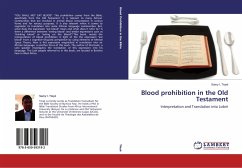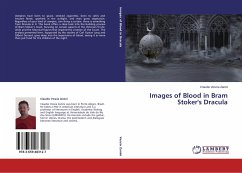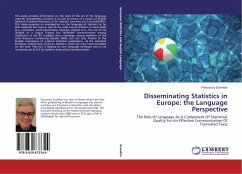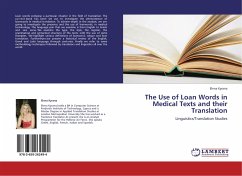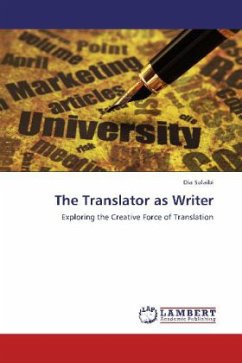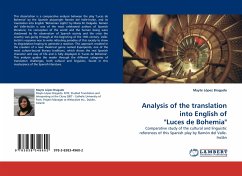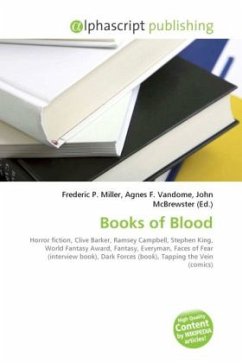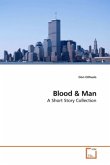"YOU SHALL NOT EAT BLOOD". This prohibition comes from the Bible, specifically from the Old Testament. It is relevant to many African communities that are involved in animal blood consumption in various forms and for various purposes. It is also relevant when it comes to negotiate its translation into some African language communities. But, what does the expression "eat blood" mean and what does it refer to? Is there a difference between "eating blood" and similar expressions such as "drinking blood" or "eating on the blood"? This book, revisits the interpretation of blood prohibition in light of the the expression "eat blood" from a cognitive linguistic perspective by using elements of Mental Space Theory. How is this expression negotiated in translation into an African language, is another focus of this work. The author of this book, a Lobi speaker investigates the translation of this expression into his language. The Lobi people referred to in this book, are located in BurkinaFaso in West Africa.
Bitte wählen Sie Ihr Anliegen aus.
Rechnungen
Retourenschein anfordern
Bestellstatus
Storno

